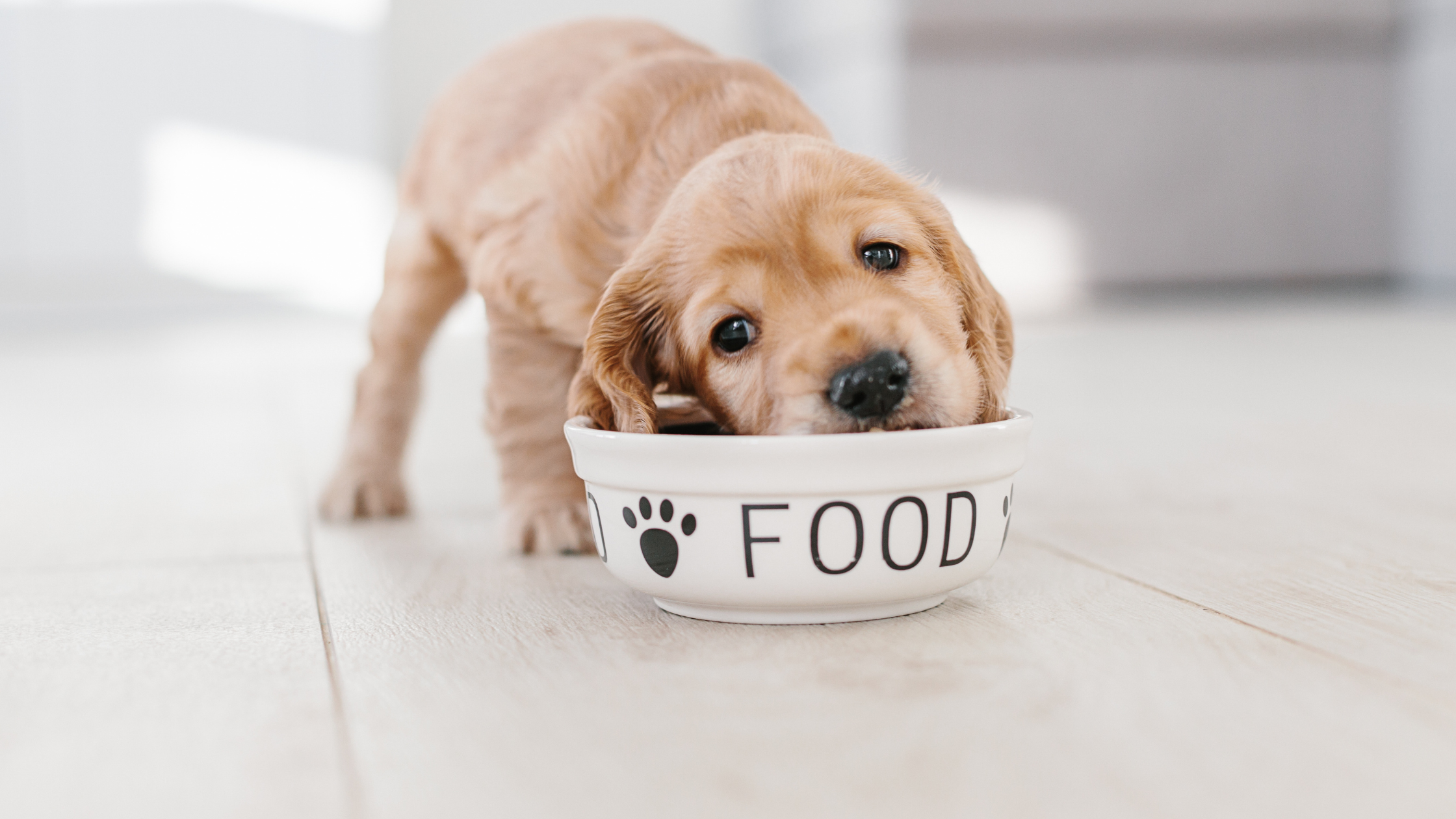Providing proper nutrition is crucial for the healthy growth of your puppy. In this article, we will explore the essential aspects of feeding a puppy, ensuring they receive the best foods for their well-being. Join us on this journey to discover what to feed your puppy for healthy growth and provide them with optimal nutrition.
The Best Foods for Puppy Nutrition:
Specific Puppy Food
Opt for specially formulated puppy foods. These foods contain the essential nutrients your puppy needs during this crucial stage of growth. Look for reputable brands that offer complete and balanced nutrition for puppies.
Puppy Food Portion Chart
Follow the guidelines provided in the puppy food portion chart. These guidelines will help you determine the appropriate amounts of food based on your puppy's weight and age. Remember to adjust the portions as your puppy grows.
Variety of Nutrients
Ensure that your puppy's food contains a variety of essential nutrients, such as quality proteins, healthy fats, carbohydrates, vitamins, and minerals. These nutrients will support healthy growth, muscle development, and the immune system of your puppy.
High-Quality Kibble
Research and choose brands of puppy kibble that are known for their quality and safety. Consult with your veterinarian for specific recommendations on the best puppy food options.
Patience During Transition
When changing your puppy's food, do it gradually. Mix small amounts of the new food with the old one, gradually increasing the proportion of the new food. This will help prevent digestive upsets and allow your puppy to adapt smoothly to the new diet.
Additional Care and Considerations
- Growth Monitoring: Keep regular track of your puppy's growth and consult with your veterinarian to ensure proper development. Your veterinarian can assess the weight, physical development, and provide specific advice for your puppy.
- Appetite Stimulation: If your puppy shows a lack of appetite, there are several strategies you can try to stimulate their appetite. Establish regular feeding schedules, offer smaller and more enticing meals, and maintain a calm and distraction-free environment during mealtimes.
- Safe and Prohibited Foods: Familiarize yourself with foods that are safe and those that should be avoided for dogs. Avoid toxic foods for your puppy, such as chocolate, onions, avocados, grapes and raisins, coffee and tea, and large quantities of dairy products.
Remember, each puppy is unique and may have specific needs, so it's important to consult with your veterinarian for personalized recommendations. Providing proper nutrition during this crucial stage of growth will lay the foundation for a healthy and happy life for your puppy.







0 comentarios:
Publicar un comentario